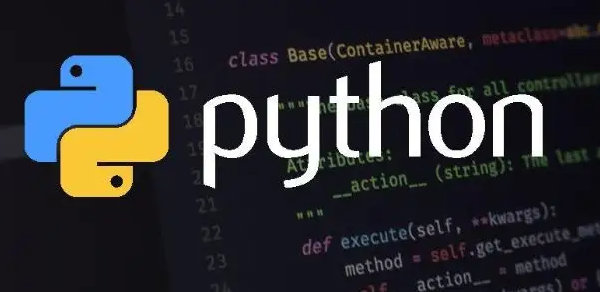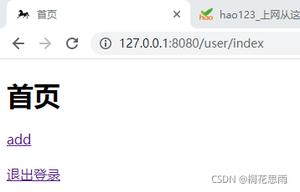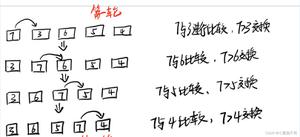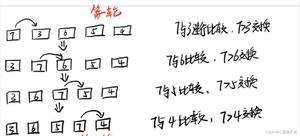Python中mapfilterreduce的递归实现

python;toolbar:false;">map2=lambda f,seq: [] if seq==[] else [f(seq[0])] + map2(f, seq[1:])filter2=lambda f, seq: [] if seq==[] else ( [seq[0]]+filter2(f, seq[1:]) if f(seq[0]) else filter2(f, seq[1:]) )
reduce2=lambda f,seq,x: x if seq==[] else reduce2(f, seq[1:], f(x, seq[0]))
scanl=lambda f,seq,x: [x] if seq==[] else [x] +scanl(f, seq[1:], f(x,seq[0]))
print map2(str, [1,2,3,5,8])
print filter2(lambda x: x%2==0, range(10))
print reduce2(lambda x,y: "".join( ["(",x,"+",y,")"] ), map(str,range(1,11)), "0")
print scanl(lambda x,y: "".join( ["(",x,"+",y,")"] ), map(str,range(1,5)), "0")
#Out:
#["1", "2", "3", "5", "8"]
#[0, 2, 4, 6, 8]
#((((((((((0+1)+2)+3)+4)+5)+6)+7)+8)+9)+10)
#["0", "(0+1)", "((0+1)+2)", "(((0+1)+2)+3)", "((((0+1)+2)+3)+4)"]
Python中map filter reduce的递归实现,注意:要小心内存溢出
以上是 Python中mapfilterreduce的递归实现 的全部内容, 来源链接: utcz.com/z/522369.html







